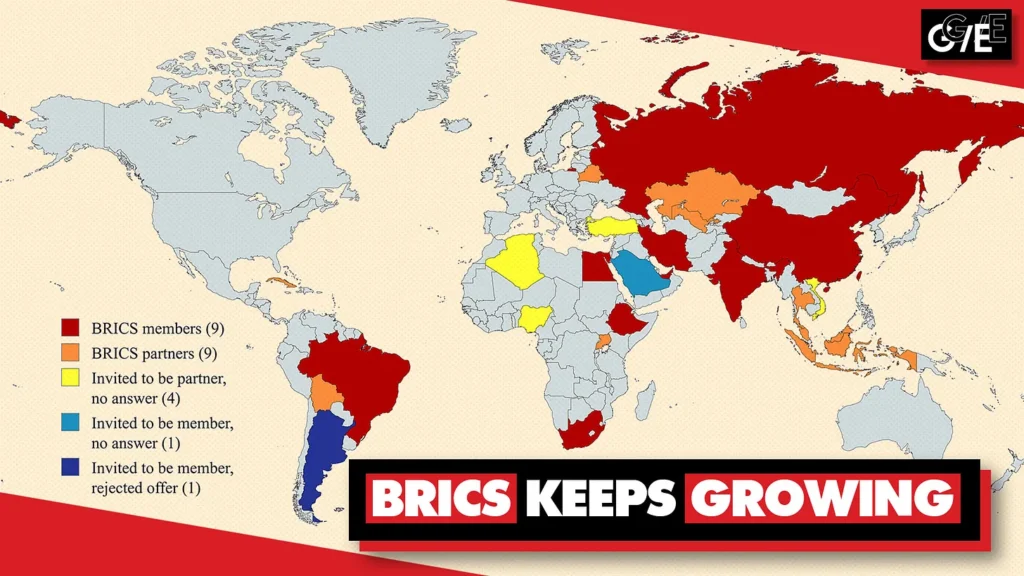In a move that may redefine regional power dynamics, Israel has taken matters into its own hands.
Why did Israel choose this moment to launch a unilateral military operation against Iran, fully aware it was defying the Trump-led nuclear negotiations and risking a destabilizing regional war? Was this truly a last resort based on imminent nuclear risk or a deliberate effort by Netanyahu to sabotage diplomacy and assert military dominance?
What future remains for nuclear diplomacy in the region, now that the most serious talks in years have been derailed by Israeli airstrikes? Has Israel effectively rendered negotiation with Iran irrelevant, or will this pressure tactic force new terms on Tehran through sheer force?
How measured will Iran’s retaliation be, and how far will it go? With top military leaders and nuclear scientists killed, does Iran now feel justified in launching direct attacks on Israeli or even American assets especially as hardliners demand a crushing response?
Where does this leave Donald Trump, who had banked on a breakthrough to revive his foreign policy credentials? By ignoring his warnings, has Netanyahu exposed deep fractures in the U.S.-Israel alliance and Trump’s diminishing influence over a region he once claimed to control?
Finally, is the world prepared for the ripple effects of this conflict? With the potential for escalation involving global oil chokepoints, proxy militias, and entangled alliances with Russia and China, has Israel sparked a confrontation that could spiral well beyond its intended target and draw in powers that have long sought to avoid another Middle East war?



